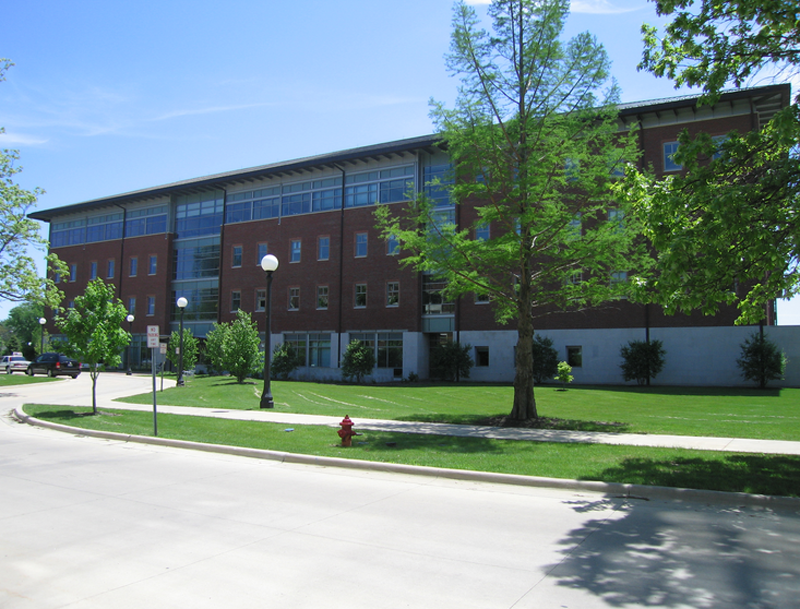The National Science Foundation (NSF) has awarded the National Center for Supercomputing Applications at the University of Illinois at $10 million supercomputing system called Delta. Delta will be “a balanced mixture between next-generation CPU architectures and graphics processors, making it the most performant GPU computing resource in NSF’s portfolio when it launches.”
Here are the details:
FOR IMMEDIATE RELEASE
URBANA, IL – The National Science Foundation’s (NSF) Innovative High-Performance Computing program, has awarded $10 million to the National Center for Supercomputing Applications (NCSA) to deploy and operate Delta, an advanced computing and data resource that will shape the future of technology and practice in advanced research computing. With the deployment of the Delta system, NCSA takes an active role in expanding the adoption of GPU-based computing and continues to be at the forefront of advanced research computing.
The project is led by Principal Investigator (PI) William “Bill” Gropp, Director of NCSA. Gropp is joined by co-PIs and NCSA colleagues, Gregory Bauer, Senior Technical Program Manager, Brett Bode, Assistant Director for the Blue Waters project, Timothy Boerner, Deputy Project Director for XSEDE, and Amy Schuele, Interim Associate Director of Integrated Cyberinfrastructure. “NCSA is excited to continue its tradition of innovation in advanced computing with the Delta system, which will bring new capabilities to the nation’s advanced research computing community,” says Gropp. “With Delta, we will help emerging research areas, such as computational archaeology and digital agriculture, take advantage of new computing methods and hardware while simultaneously making advanced computing systems more usable and accessible to a broad community of researchers.”
NCSA will integrate Delta into the national cyberinfrastructure ecosystem through the Extreme Science and Engineering Discovery Environment (XSEDE), an NSF-funded virtual organization that coordinates the sharing of advanced digital services. Integration into XSEDE allows Delta to leverage the substantial portfolio of services and support offered therein and together deliver unprecedented advances in researcher productivity. This collaboration will promote synergy among multi-site workflows that include campus, national, and commercial cloud resources.
The system will be a balanced mixture between next-generation CPU architectures and graphics processors, making it the most performant GPU computing resource in NSF’s portfolio when it launches. Working with partners such as the Science Gateways Community Institute (SGCI) and accessibility researchers, it will change the way these advanced computing systems are used.
Delta aligns with NCSA’s commitment to diversity and seeks to promote a wider demographic among researchers by offering expanded training sessions and incorporating modern interfaces to improve usability. In addition, Delta will provide ample professional development opportunities to adapt research applications to more optimally use key features of the system.
“These awards represent a suite of complementary advanced computational capabilities and services aimed to empower new fundamental research in many fields,” says Amy Friedlander, Acting Director of NSF’s Office of Advanced Cyberinfrastructure. “NSF’s long-standing investments in advanced and innovative computing respond to the rapid evolution and expansion of computational- and data-intensive research being conducted across all of science and engineering.”
Top image courtesy of NCSA.








